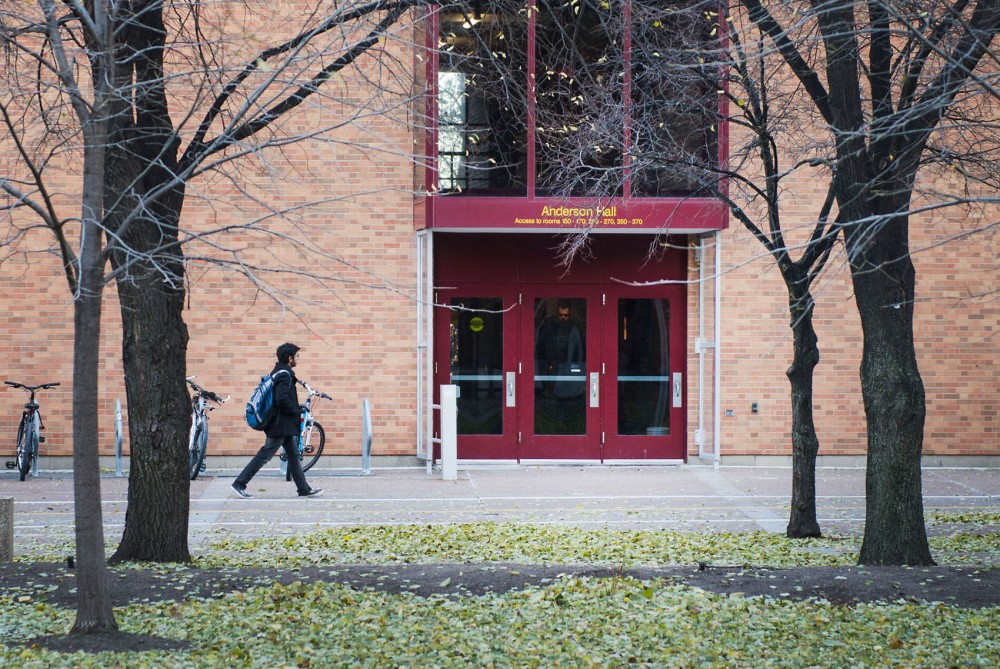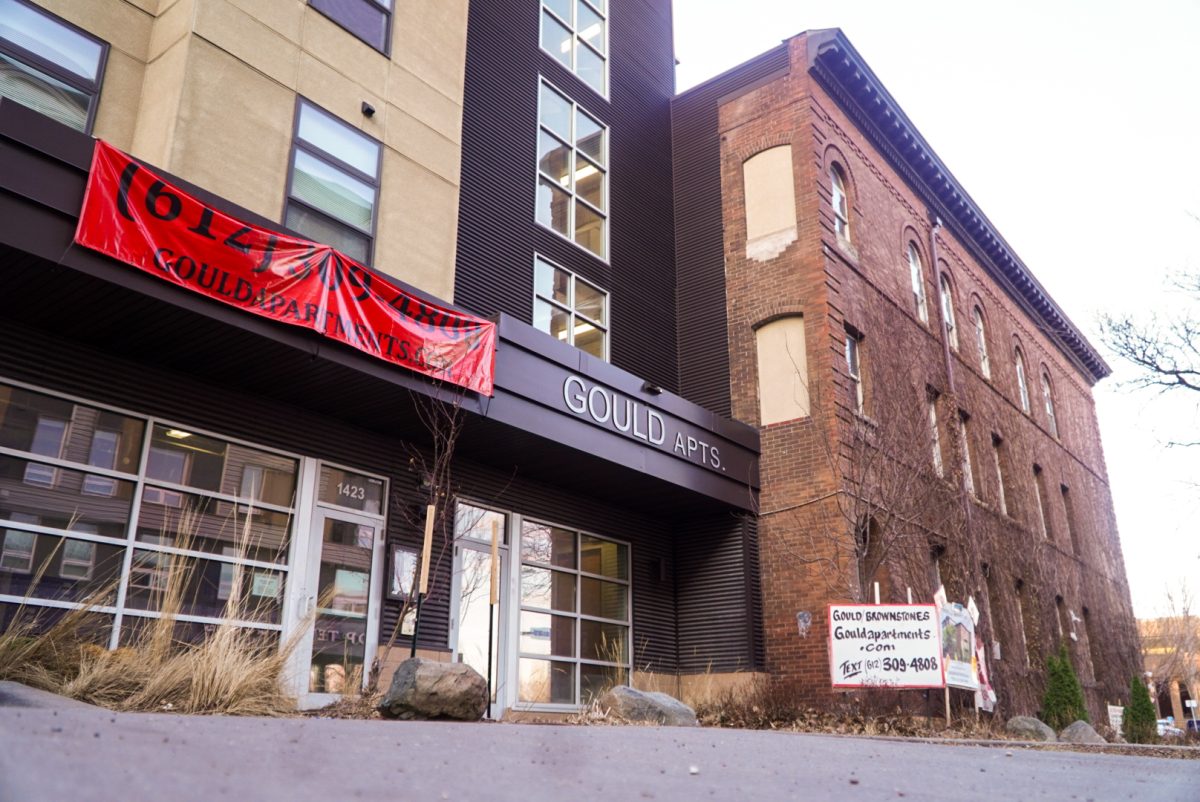At a national conference in early March, the University of Minnesota reaffirmed its goals to bolster ethical recruitment strategies, informed consent practices and research monitoring.
The University has held a conferences to discuss challenges in human research, after Dan Markingson — a St. Paul man who was enrolled in a controversial drug study — took his life in 2004.
This year, the conference focused on informed consent and its future, as well as research on children, adoslecents and vulnerable adults.
Michelle Biros, Interim Department Head and Research Director of the Department of Emegency Medicine, said the school wants to “assure that vulnerabilities and risk assessments are not underestimated by an investigator.”
After showing signs of mental illness in 2003, Markingson was admitted to a psychiatric unit at Fairview Medical Center. His physician assigned him a drug as part of a double-blind clinical study he was leading on antipsychotic medication.
Over the next five months, Markingson’s mental health detoriated. Mary Weiss, Markingson’s mother, repeatedly expressed concerns about her son’s participation in the drug study. On May 8, 2004, Markingson died by suicide.
After years of denying any ethical implications, the state’s Office of the Legislative Auditor released an external review in 2015 exposing problems in research ethics, which resulted in a revamped Human Research Protection Program.
The conference also focused on Robert Huber, who was taken to University of Minnesota Medical Center for schizophrenia symptoms, and claimed he was coerced into participating in the drug trial.
“Like Dan [Markingson], Huber was taken into a psychiatric unit due to psychosis. Like Dan, Huber was recruited into a study sponsored by a pharmecetuical company. Like Dan, Huber was recruited when he was involuntarily confined,” said Carl Elliott, a professor at the Center for Bioethics.
“We need to understand that the research ethical culture cannot be placed in the hands of a single body,” Biros said.
Correction: A previous version of this story incorrectly stated what the legislative audit did to the Human Research Protection Program. The audit resulted in a revamped program.
Clarification: A previous version of this story said this conference was annual. While the University has hosted conferences on research ethics, this was the first one that addressed informed consent.








